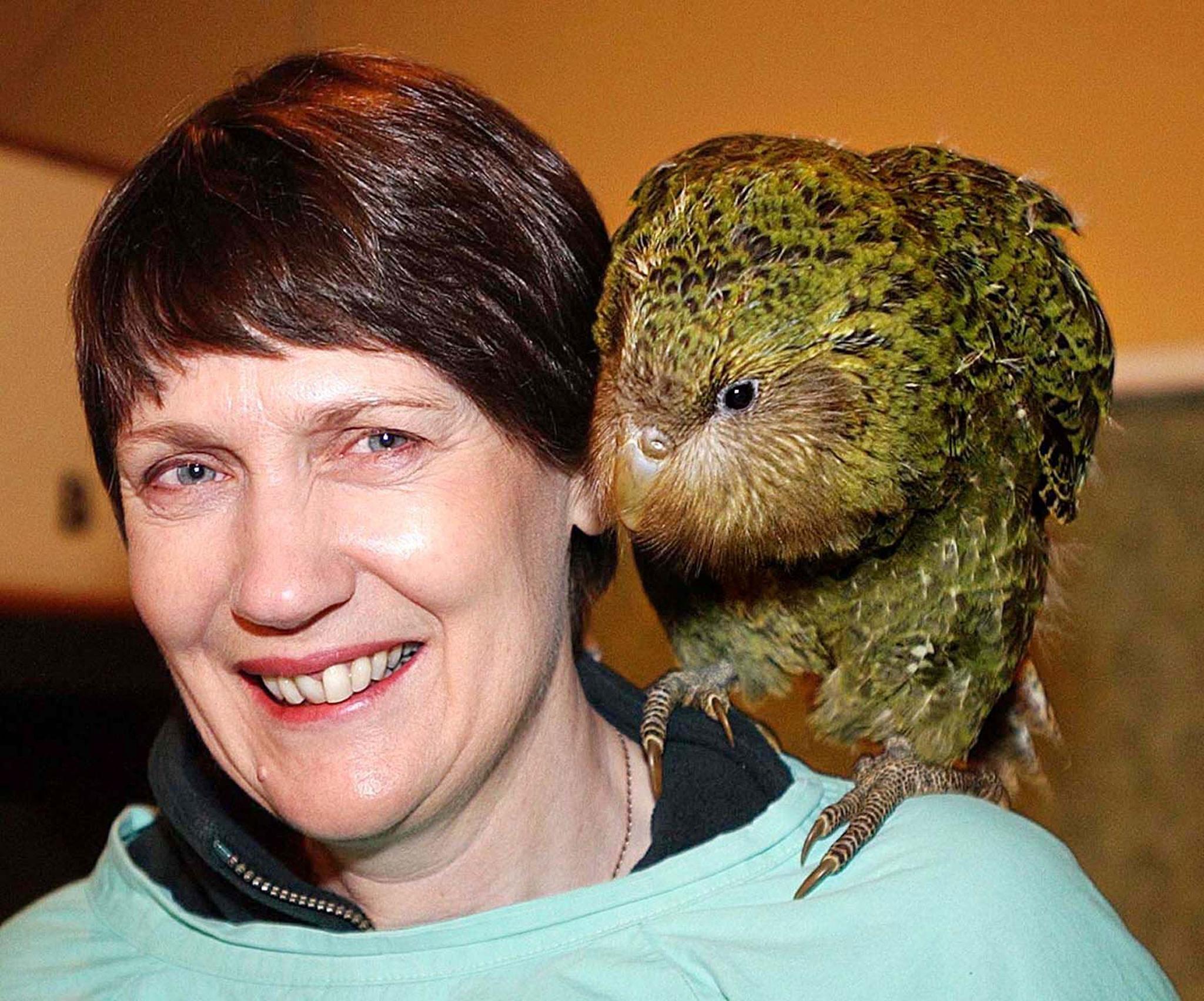World’s fattest parrot named Bird of the Year
The birds smell ‘like the inside of a clarinet case, musty and kind of like resin and wood’

The world’s heaviest, longest-living and only flightless parrot has added another feather to its cap after being crowned New Zealand’s Bird of the Year for an unprecedented second time.
The kakapo, the engendered large parrot, first earned the coveted title in 2008 and came back to the limelight after a scandalous election involving voter fraud, delay and even an alliance.
Also known as the “mighty moss chicken”, the kakapo took the lead through the competition’s preferential system. The Antipodean albatross, another endangered bird, had, however, topped the leader board with the most number of votes during the two-week voting period.
At least 1,500 votes for the smallest kiwi species, the kiwi pukupuku or little spotted kiwi, were found by the volunteer scrutineers to have come from the same IP address.
This year, the polling was delayed to avoid clashing with New Zealand’s parliamentary election.
Laura Keown, the spokesperson for the Bird of the Year, said it was the first time any bird has been crowned twice in the competition.
The largest parrots are prone to threat because of their unique features: slow breeders, ground-nesting to imitate shrubs, and their distinctive odour. The birds smell “like the inside of a clarinet case, musty and kind of like resin and wood,” said Ms Keown.
The endangered bird’s population rose from 50 during the 1990s to 213 now after the efforts by conservationists.
The competition has helped boost environmental awareness since its inception in 2005. The organisers said the Bird of the Year has played a role in shift in thinking about the requirements of New Zealand’s unique environment and native species.
Subscribe to Independent Premium to bookmark this article
Want to bookmark your favourite articles and stories to read or reference later? Start your Independent Premium subscription today.

Join our commenting forum
Join thought-provoking conversations, follow other Independent readers and see their replies